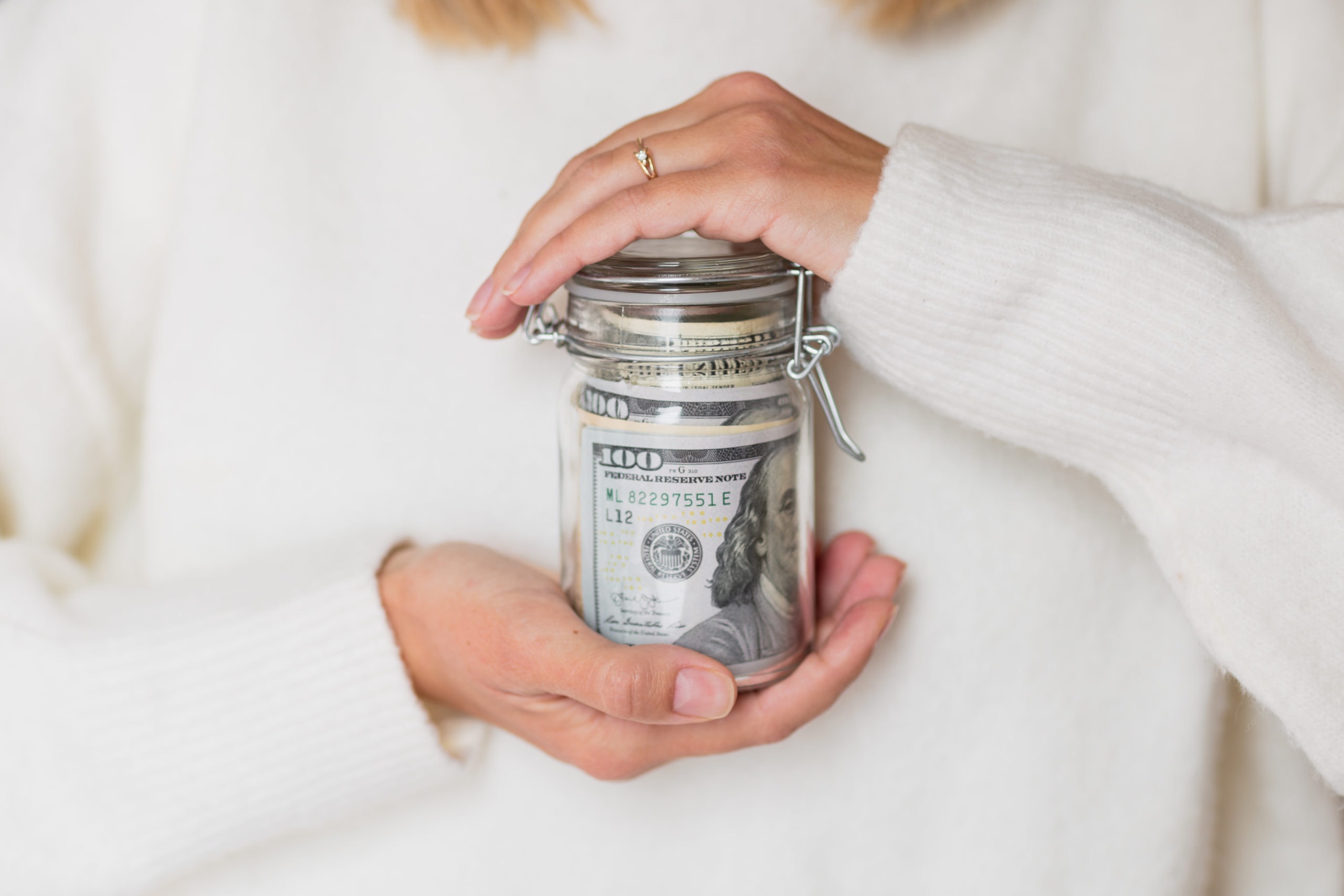Over the last couple of years, we’ve taken a close look at the importance of having an emergency fund. Prompted in large part due to the global pandemic, people found themselves between a rock and a hard place financially, unsure of where their next paycheck would come from, whether they qualified for unemployment, and so on. As a whole, we realized the sheer necessity of having emergency savings. However, in addition to simply having emergency funds stashed away, it’s important to consider where that money will be kept and in what form. Sure, during the pandemic most people were still able to access ATMs and conduct online banking, but imagine how different circumstances might be during a natural disaster, such as a wildfire or an earthquake. That’s one reason why having not only an emergency fund, but a cash stash, is so important. Here we dive into a Q&A to answer some important questions about emergency savings.
Q. Generally, what is the purpose of a savings account?
A. Think of a savings account as a place to build up the funds needed to accomplish a particular goal, such as buying a car, putting a down payment on a home, funding education, or taking a dream vacation. How the funds within a saving account are invested (or kept in cash) depends on a variety of factors, particularly the timeline for the goal. Funds for goals that you want to realize within the next couple of years should be kept in a money market or other cash-like investment. As the time horizon of the goal extends, you may be able to invest the funds to get a higher rate of return.
Q. How does this differ from an emergency fund and/or sinking fund?
A. An emergency fund is just what it implies: these are funds that you don’t touch except in case of an emergency, such as a job interruption, a car breakdown, an unexpected medical expense, etc. The purpose of these funds it to give yourself a chance not to be derailed by an emergency that has financial ramifications. Emergencies are difficult by definition and are made only more challenging when you are forced to take on expensive debt to solve a pressing issue. Emergency funds should always be kept in a money market fund or savings account. Don’t be daunted that the funds won’t be earning too much – these funds serve an important purpose and foregoing a higher rate of return is a good trade-off to make in this case.
Q. How much money should you keep in your checking account? Savings account? Emergency fund?
A. Think of your checking account as “operating cash” and keep the balance at the level needed to cover your ongoing expenses, or to avoid high banking fees. Your savings account balances will grow over time and the balance will be determined by the nature of and dollar amounts relating to your goal. Typically, an emergency fund should hold 3-9 months of your living expenses.
Q. How much cash should you keep on hand?
A. There is no magic number when it comes to how much cash you should stash at home for easy access, but we recommend between $1000 and $2000 dollars, depending on your lifestyle, dependents, and personal circumstances. While it’s not necessarily bad to have over $2000 on hand, it’s wise to keep the rest of your emergency savings in an interest-bearing account.
Q. What is the best way to save money?
A. Start with getting a clear sense of where your dollars are going. Like the travel adage reminds us, you can’t get to your destination if you don’t first locate your starting point on the map. That means tracking and sorting out your expenses by category. Try to do this with as little self-judgement as possible—think of it as data. This may seem like a tedious process, but it is the single most important task that will put you on the path to achieving your goals. Having a sense of where your money goes will give you a sense of confidence and possibility.
Once you have a clear and realistic sense of what your spending looks like, separate the categories between fixed (things that would take a long time to change or that cannot be changed) and discretionary. This will help you start to get a sense of where you can cut back, as well as if you need or want to cut back to begin with. The idea is not to deprive yourself so much that you “binge” later, but to see where you have opportunities to save rather than spend. Ultimately, the goal is to align your spending with your values as much as possible, and to find ways to allocate funds to savings for your particular goals. Being clear on the purpose of the savings can be the best motivator of all!
At The Humphreys Group, we work with ambitious, smart, and engaged women to create financial plans that are built to withstand the ebbs and flows of life, including emergency situations. With our analysis, you can feel confident about what is within your capacity and what financial tradeoffs you may consider, and you can enjoy a lifestyle that you know is within your means. Reach out to learn more!
























